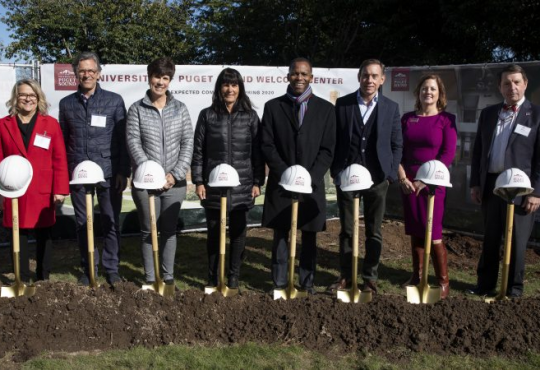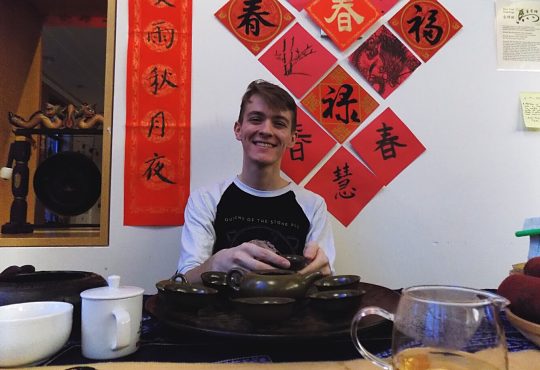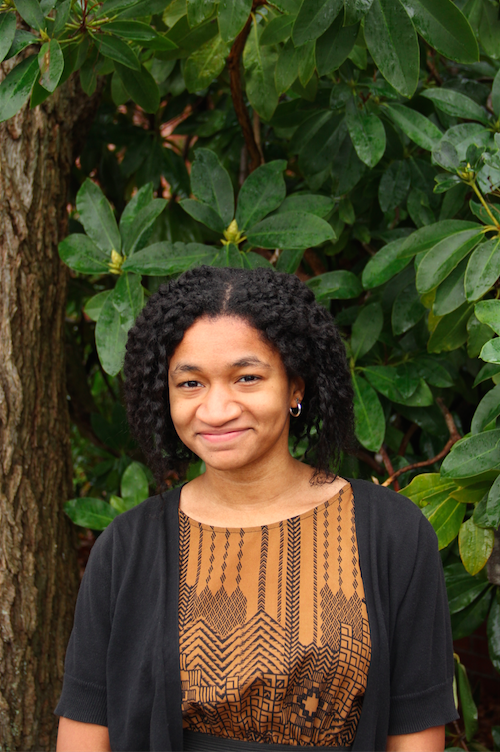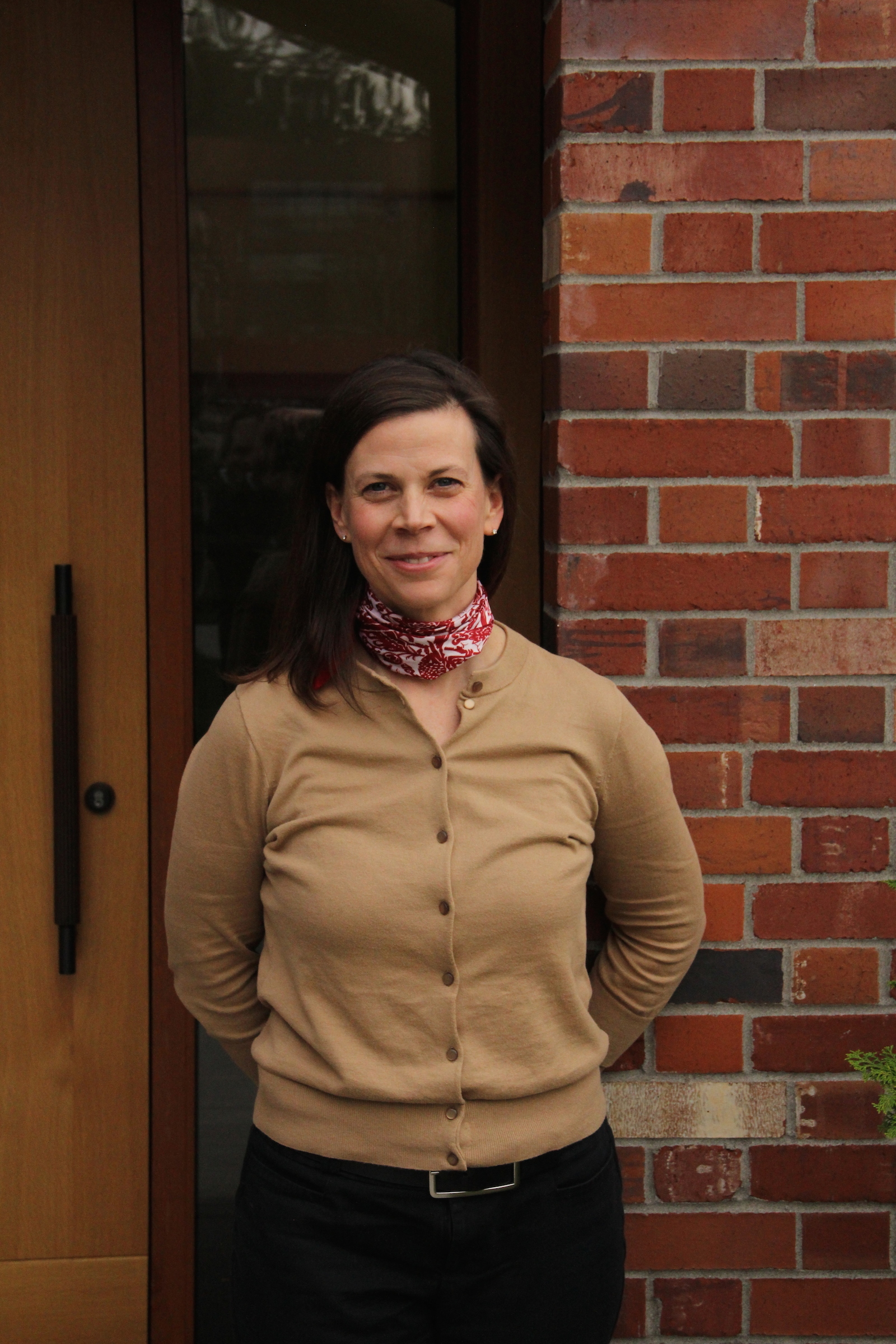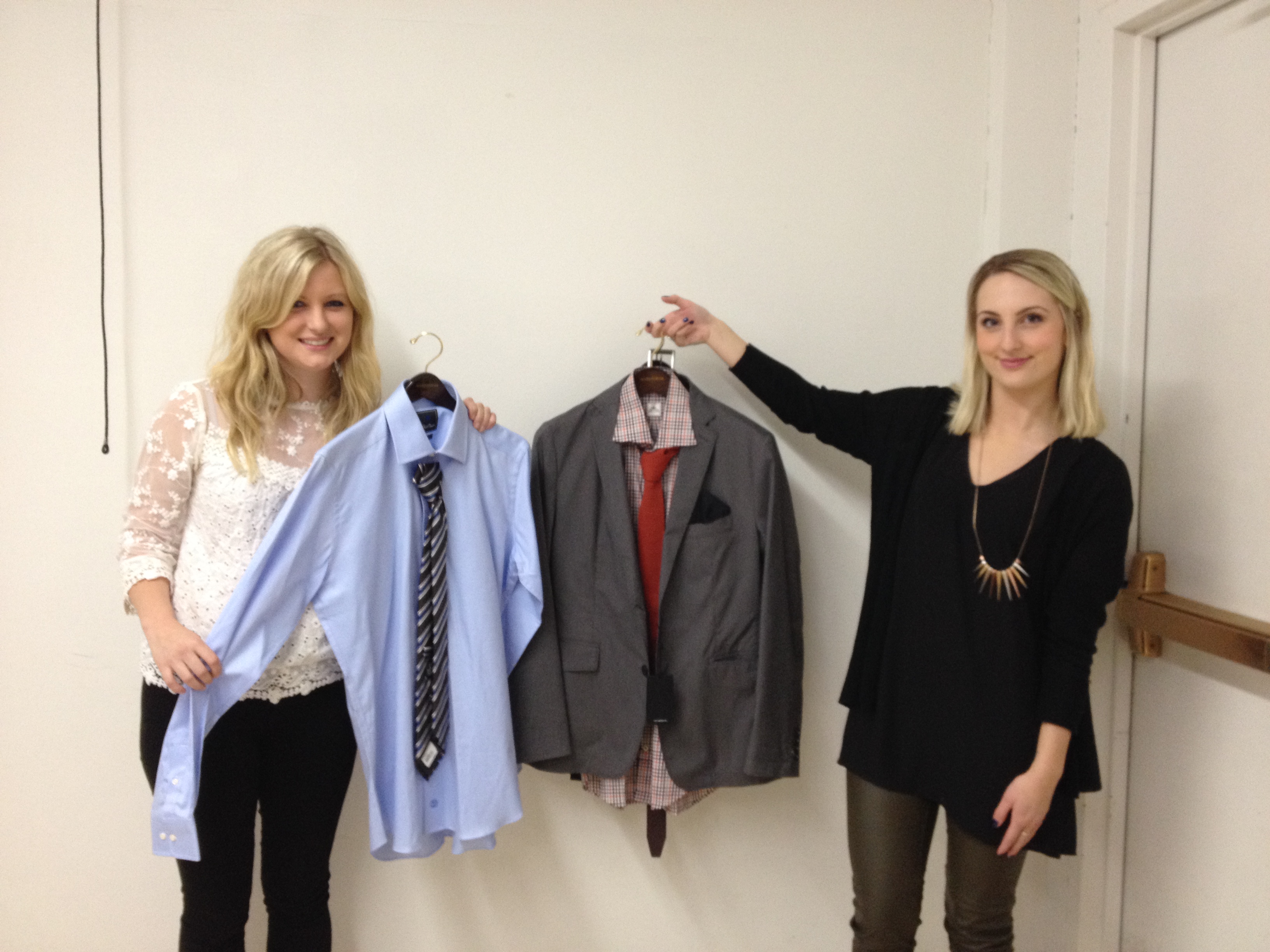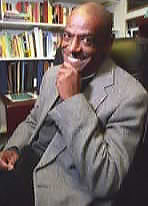
This week I spoke with Professor Dexter Gordon, who teaches in both the Communications and African American Studies departments, and serves as the head of the African American Studies program.
Q: Where are you from originally?
A: I am originally from Old Harbor Bay, Jamaica. I recently went back for a family reunion, which was great. Most of my 15 siblings were there and we got to be in Jamaica for the 50th anniversary of independence celebration and the Olympics.
In Jamaica, we’d watch it live and during the sprinting competitions you could hear the country breathing; everyone was together, watching, and when we won, everyone would bang pots and pans and cheer. It was a tremendous celebration.
Q: How long have you been teaching here?
A: I started here in 2002. Before that I spent five years at the University of Alabama Tuscalusa, and Indiana before that.
I tend to prefer the Northwest over the South. There are elements of the social climate that I appreciate here, versus the default conservative social context of the South.
I also love the weather here, and the outdoors.
Q: How did you choose to come to University of Puget Sound?
A: Originally, I was invited to guest lecture here and it was serendipitous.
Susan Owen invited me after we met at conference, and I asked her to present her work at the University of Alabama where I taught and she returned the favor and invited me to present my work here and at PLU. Unbeknownst to me they had other motives.
Apparently they had been searching for someone to head the fledgling African American Studies department and had stopped the search when they hadn’t found a crazy enough person, but after my presentation, students expressed interest in having me come back to fill the post.
The students went to the then Vice President, who asked me to submit an application. At the same time I was in the process of finding a place to live and a school for my daughter in Iowa City, Iowa.
The University of Iowa had offered me a job in their Rhetoric program they were trying to rebuild, and I had taken the position.
My wife and I had driven out to Iowa City from Tuscalusa, Ala. five times by this point and couldn’t find reasonable housing near my daughter’s school. My wife had gotten to the point were she said she would rather me live in Iowa by myself than move our family out to live in the middle of a corn field.
I knew it was time to move on from Alabama, and that this was going to be a significant career move, but the quality of life for my family was more important, so I told the Vice President I would think about it. It was serendipitous because in 1997, when I took the job at the University of Alabama, I was previously going to take a job at the University of Washington, but the school told me there was no way for me to afford a place in Seattle on a teacher’s salary.
I love Seattle, because after being away from Jamaica in flat, dry places where there were no inclines, let alone mountains, I was longing for the mountains and the sea.
In Jamaica you grow up with either the mountains or the sea in the background and the other in the foreground.
For me the sea in my small fishing village was the foreground, and the mountains the background of my childhood.
But back when I was considering the University of Washington, I couldn’t commit to spending my life commuting and looking at the I-5; now I am glad I didn’t! When I was visiting here in 2002, I was at Susan Owen’s house, looking out over Commencement Bay, I knew. I called my wife and we moved out here.
Q: What is it like teaching students at the beginning and end of their undergraduate career?
A: I miss grad students. When teaching at big universities, I would teach both undergraduate and graduate students and loved teaching graduate seminars. So I trick my undergraduates into being graduate students by running my classes like a graduate seminar, because I think it’s the best way to learn.
What I got when I was teaching undergraduates at large universities was a wide range of students, more diversity across race and class and across preparation for college.
Here I get the top tier of prepared students I had before. Graduate students are often referred to as professional students because they come back to learn beyond what is expected of them; they have chosen to be here.
They take their academic career seriously, they don’t need to be spoon fed but push to get get more out of the professors, they show initiative and they take their learning as a life process. By treating my undergraduates here like professional students, the expectations are higher, but I know they will take advantage of the opportunity.
Q: If you could say one thing to each incoming student on their first day of classes at Puget Sound, what would you say?
A: Experience everything, take advantage of all the opportunities you are presented with.
Q: And before they enter into the real world upon graduation, what would be one thing you hope they take with them?
A: The world is your stage. You may not feel like it at first, and you may run into people who don’t think you have the foundation, but get out there and start!
Q: What is the most frustrating thing students do in the class room?
A: When they don’t come prepared to class.
By not doing the reading, students cut themselves off—especially in my class where the time is spent practicing what you know.
I run my class like the ideal law school class in the movie Paper Chase. Students know the questions that week, so when I call on them they’re asked to present the case, tell us the context of Roe v. Wade, etc.
There’s no such thing as being picked on, class is your opportunity to shine: it’s only scary if you haven’t done the work.
When students say something stupid there’s nothing wrong with that—we laugh, and celebrate together.
Q: Most memorable moment teaching?
A: I would imagine it’s a conglomeration of sorts; I love watching my students give presentations.
It is a moment of great pride and satisfaction for me to watch them present their work.
Q: What do you like to do with your free time?
A: I play soccer and I am a community leader of sorts.
I work to connect the community with the university and the university with the greater community here.
When I was young I worked on the streets in Kingston, and I would meet all these young men, some who lived on the streets, and there was no literature that spoke to them.
I realized I wanted to go into the academic world and connect that community with the university, and vice versa so that overlap between the two could be seen and be more constructive for both groups.
Q: One thing you think your students don’t know about you?
A: I never teach them anything that I do not do myself.
I present at conferences, I write papers and books, I engage with the community on different projects just like I ask them to do.
PHOTO COURTESY/PUGETSOUND.EDU

